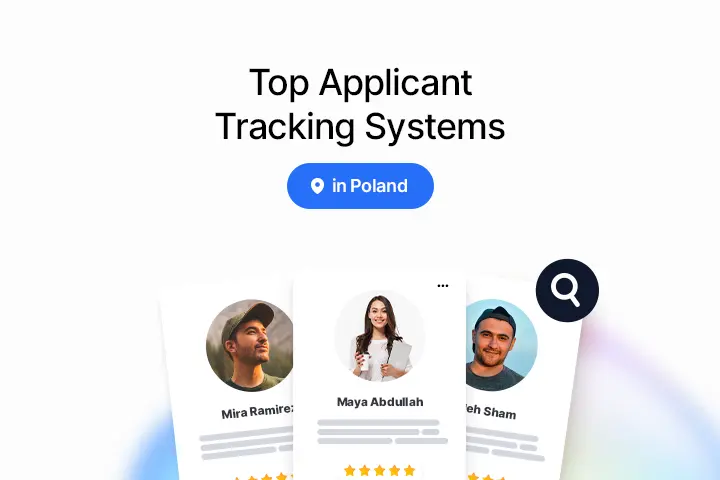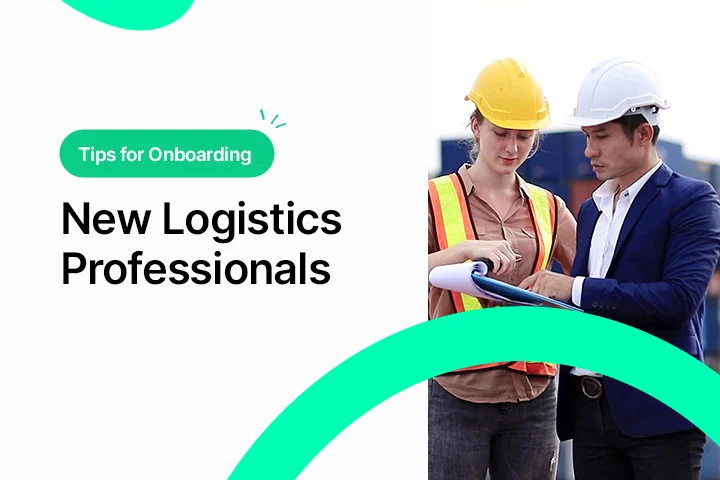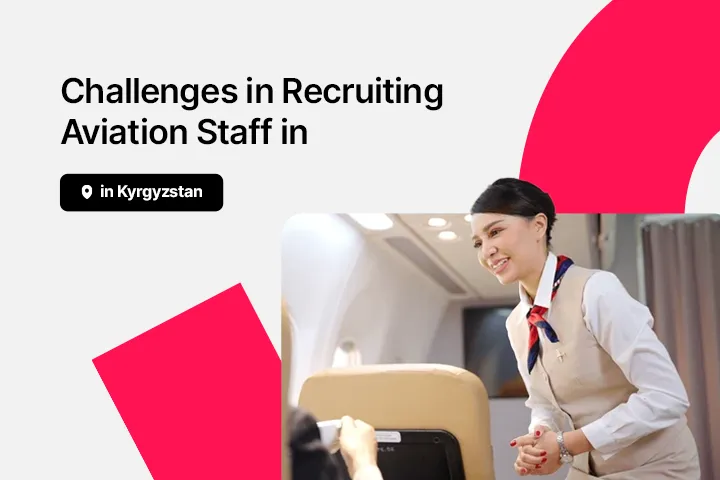In Turkey, recruiting aviation professionals is no easy task: according to recent data, more than 60% of regional recruiters cite talent shortages as their biggest challenge. Turkish aviation faces tough competition from global airlines, strict regulatory requirements, and rapid market growth, making the search for top talent both urgent and complex. Learn more about aviation hiring trends in Turkey.
Major airlines like Turkish Airlines, Pegasus, and SunExpress continue to expand routes in 2026, driving up demand for skilled cockpit, cabin, and technical staff. In this environment, a structured and industry-specific hiring process isn’t just preferable, it’s critical for compliance, safety, and business growth.
Why Aviation Hiring Is Different From Other Industries
- Roles That Impact Passenger Safety
Hiring mistakes in aviation don’t just affect KPIs, they directly impact passenger safety. For positions like pilots, maintenance engineers, and safety managers, a single oversight can have life-altering consequences. Every hire is a gatekeeper of operational safety in Turkey’s aviation sector.
- Regulatory Oversight and Licensing
Aviation hiring in Turkey is governed by strict rules set by the Turkish Directorate General of Civil Aviation (SHGM), with frequent alignment to EASA and FAA standards. Approval delays, audit risks, and certification checks are standard, requiring recruiters to be thorough at every step.
- Fast Growth Meets Seasonal Volatility
Airport expansions in Istanbul and new routes to Asia and Europe can spark sudden spikes in demand for trained talent. These swings, tied to summer traffic or global events, are hard for generalist recruiters to manage without industry-specific tools and networks. See more about hiring in Turkey.
Who You’re Really Hiring in Aviation
The most sought-after aviation roles in Turkey are:
- Pilots:
Require ATPL/CPL, specific aircraft type ratings, and logged experience.
- Cabin Crew:
Must meet height, language, and customer service standards.
- Maintenance Engineers:
EASA or SHGM licensed, with technical and compliance expertise.
- Ground Staff:
Handle operations, ramp safety, and passenger support.
Required Skills and Certifications
Typical requirements include ATPL/CPL, language fluency (ICAO Level 4+), medical class 1 or 2, aircraft type ratings, and a minimum logged flight or maintenance hours. For details, see workplace safety and certifications in Turkey.
Soft Skills That Matter
Teamwork under pressure, rapid conflict resolution, and a strong customer service mindset are crucial—especially for cabin crew and passenger-facing roles.
Writing Job Descriptions That Attract the Right Aviation Candidates
Be Precise About Licenses and Hours
State the specific licenses (e.g., Boeing 737 type rating), minimum flight or maintenance hours, language levels, and compliance with ICAO/EASA standards.
Include Clear Medical and Security Requirements
List requirements for SHGM medical class, background security clearances, and any GCAA or international compliance needs.
Define Career Paths and Work Schedules
Be transparent about typical rotation models, probation periods, contract types (permanent, seasonal), and long-term advancement opportunities. To understand more, review employment contract types in Turkey.
Where to Source Top Aviation Talent in Turkey
Post Jobs on Specialized Aviation Platforms
Start with Qureos, Turkey’s top platform for certified aviation professionals. Also consider JSfirm and Avjobs for reaching international talent pools.
Use Referrals and Aviation Training Networks
Partner with local flight schools, Turkish aviation academies, and alumni networks. Engage professional communities on LinkedIn, especially groups focused on Turkish pilots and engineers.
Work With Aviation Recruitment Agencies
Niche aviation recruiters offer regulatory and cultural expertise. Use them for hard-to-fill cockpit or technical roles, while internal teams can cover entry-level and ground positions. For more on recruitment tools in Turkey, see top recruitment platforms in Turkey.
Common Mistakes in Aviation Hiring
Rushing the Process in High-Season
Seasonal hiring spikes lead to rushed vetting, which can trigger burnout, high turnover, or even safety incidents. Plan cycle times against seasonal forecasts.
Ignoring Visa, Medical, and Clearance Delays
Document verification, security clearances, and medical exams often create bottlenecks. Factor these timelines into your interview and onboarding schedules.
Posting Vague or Generic Job Ads
Unclear postings lead to low-quality applications and extra screening. Be specific about every required skill, certificate, and process. For advice, see ATS tools in Turkey.
Frequently Asked Questions (FAQs)
Where can I find qualified aviation talent in Turkey?
You can find qualified aviation professionals using platforms like Qureos, as well as specialized aviation job boards and local aviation academies. Consider connecting with alumni groups and regional recruitment agencies for targeted searches.
How do I verify licenses for pilots or engineers?
Check credentials directly with Turkey’s SHGM or relevant EASA/FAA registries. Request original documents and use digital license verification tools where available. Always validate license numbers, expiration dates, and cross-check for endorsements and restrictions.
What should be included in aviation job descriptions?
Be clear about certifications, licenses, flight or maintenance hours, language proficiency, medical class, schedule expectations, and advancement opportunities. Detail every compliance step to filter out unqualified applicants and reduce screening time.
How long does it take to hire aviation candidates in Turkey?
Hiring timelines can range from four to twelve weeks, depending on regulatory clearances, medical exams, and background checks. Planning ahead and using a specialized platform like Qureos can speed up sourcing and vetting.
Why use a specialized hiring platform like Qureos?
Qureos connects you to pre-vetted, certified aviation professionals in Turkey, saving time on compliance checks and reducing the risk of hiring errors. Its screening tools are tailored to aviation’s strict regulatory landscape.
{{tool-turk="/sandbox/home-v3"}}




